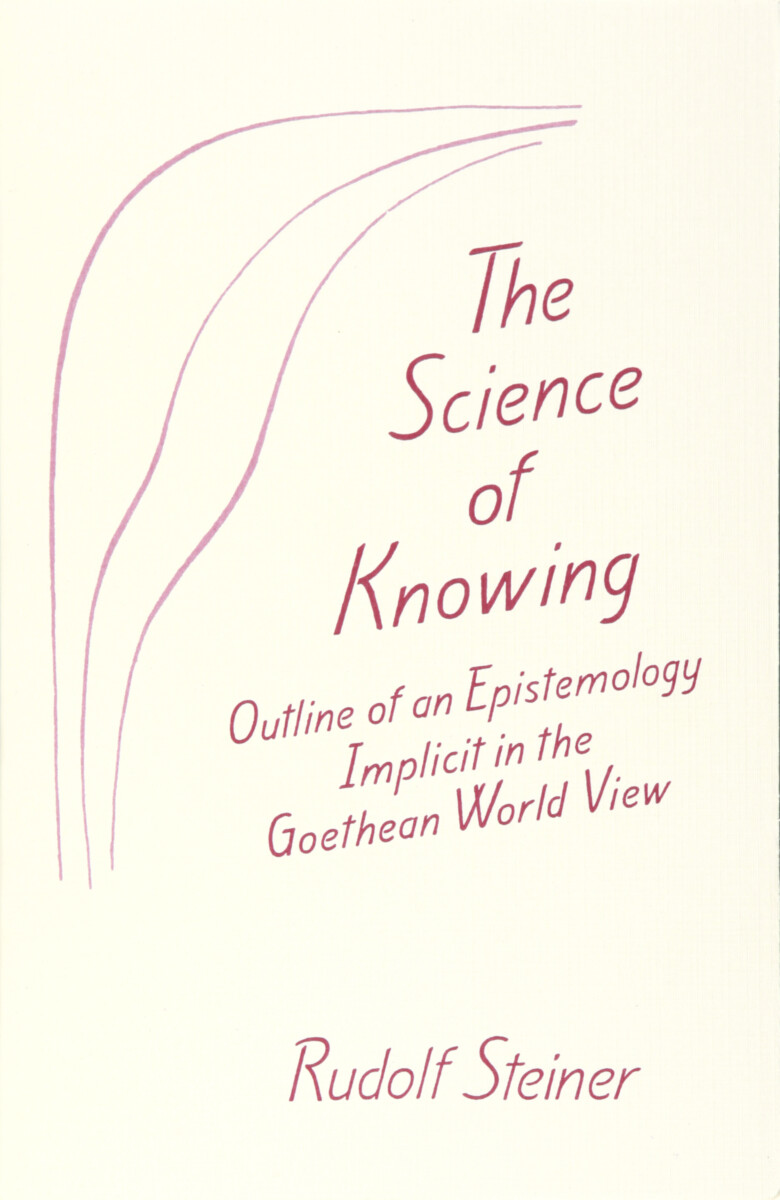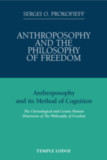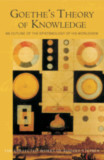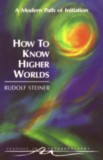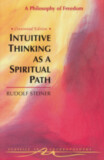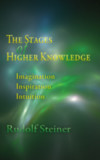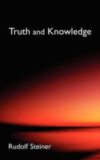The Science of Knowing
Outline of an Epistemology Implicit in the Goethean World View (CW 2)
- Publisher
Mercury Press - Published
26th October 1994 - ISBN 9780936132976
- Language English
- Pages 128 pp.
- Size 5.5" x 8.5"
Written 1886 (CW 2)
Rudolf Steiner’s first book, published in 1886 when he was twenty-five years old, represented for him a true beginning in the search for deeper knowledge. In his preface to the 1923 edition, he wrote:
“As I look at it again today, it also appears to me to be the epistemological justification for everything I said and published later. It speaks of the essential being of knowing activity that opens the way from the sense-perceptible world into the spiritual one.”The Science of Knowing is a translation from German of Grundlinien einer Erkenntnistheorie der Goetheschen Weltanschauung mit besonderer Rücksicht auf Schiller (CW 2).
C O N T E N T S:
Preface to the New Edition of 1924
Foreword to the First Edition
A. PRELIMINARY QUESTIONS
1. The Point of Departure
2. The Science of Goethe According to the Method of Schiller
3. The Task of Science
B. EXPERIENCE
4. Determining the Concept of Experience
5. An Indication as to the Content of Experience
6. Correcting an Erroneous Conception of Experience as a Whole
7. Calling upon the Experience of Every Single Reader
C. THINKING
8. Thinking as a Higher Experience within Experience
9. Thinking and Consciousness
10. The Inner Nature of Thinking
D. SCIENCE
11. Thinking and Perception
12. Intellect and Reason
13. The Activity of Knowing
14. The Ground of Things and the Activity of Knowing
E. THE ACTIVITY OF KNOWING NATURE
15. Inorganic Nature
16. Organic Nature
F. THE HUMANITIES
17. Introduction: Spirit and Nature
18. Psychological Knowing Activity
19. Human Spiritual Activity (Freiheit)
20. Optimism and Pessimism
21. The Activity of Knowing and Artistic Creativity
Rudolf Steiner
Rudolf Steiner (b. Rudolf Joseph Lorenz Steiner, 1861–1925) was born in the small village of Kraljevec, Austro-Hungarian Empire (now in Croatia), where he grew up. As a young man, he lived in Weimar and Berlin, where he became a well-published scientific, literary, and philosophical scholar, known especially for his work with Goethe’s scientific writings. Steiner termed his spiritual philosophy anthroposophy, meaning “wisdom of the human being.” As an exceptionally developed seer, he based his work on direct knowledge and perception of spiritual dimensions. He initiated a modern, universal “spiritual science” that is accessible to anyone willing to exercise clear and unbiased thinking. From his spiritual investigations, Steiner provided suggestions for the renewal of numerous activities, including education (general and for special needs), agriculture, medicine, economics, architecture, science, philosophy, Christianity, and the arts. There are currently thousands of schools, clinics, farms, and initiatives in other fields that involve practical work based on the principles Steiner developed. His many published works feature his research into the spiritual nature of human beings, the evolution of the world and humanity, and methods for personal development. He wrote some thirty books and delivered more than six thousand lectures throughout much of Europe. In 1924, Steiner founded the General Anthroposophical Society, which today has branches around the world.


